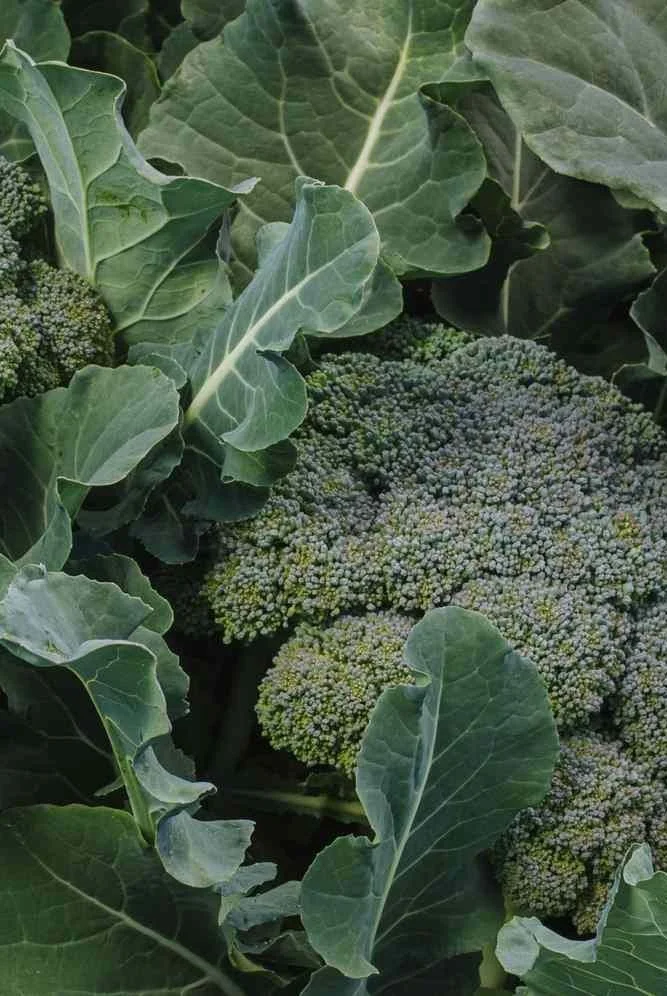Endometriosis Super Foods
When living with endometriosis, food can become a powerful tool to support healing, reduce inflammation, and ease symptoms. While no single food will “cure” of fix endo, choosing the right types of foods can help calm the immune system, support detoxification, improve gut health, and balance hormones - all important pillars in healing endo,
Here are a few of my favourite researched-backed foods I often recommend to my clients with endometriosis:
Flaxseeds - Hormone & Fibre Support
Flaxseeds are a rich source of phytoestrogens (plant oestrogens) that can help balance oestrogen levels by supporting detoxification pathways in the liver. They’re also high in fibre and omega-3 fatty acids, both of which are anti-inflammatory and beneficial for hormone and gut health.
Try: 2 tablespoons of ground flaxseed daily in smoothies, on oats, or sprinkled on salads. Always store ground flax in the fridge to preserve freshness. Ideally you want to buy them as whole seeds and ground them down yourself in batches using a Nutribullet or something similar. When you buy ground flaxseeds, you have no idea how long they have been on the shelf for - they most likely will already be rancid!
2. Cruciferous Vegetables - Liver & Oestrogen Detox Support
Think broccoli, cauliflower, kale, Brussels sprouts, rocket, radish and bok choy (there are so many types of vegetables in this group). Cruciferous vegetables contain compounds like sulforaphane and indole-3-carbinol that support the liver’s detoxification of excess oestrogen - a key factor for many people with endo. Cruciferous vegetables also contain fibre which helps with regular bowel motions - the main way we excrete oestrogen from our body. People who do not use their bowels daily and are constipated are at risk of having higher oestrogen levels because of this.
Tip: Aim for at least 1–2 serves daily of cruciferous vegetables.
3. Omega-3 Rich Foods - Calm Inflammation
Omega-3 fatty acids help lower inflammatory markers, ease menstrual pain, and support immune balance - all crucial in endometriosis care. EPA and DHA (types of omega-3) are found in oily fish, while ALA (a plant form of omega-3) is found in seeds and walnuts. The plant form of ALA however has limited conversion into the active forms EPA and DHA, which are the types that provide the strongest anti-inflammatory benefits - so that’s why including fatty fish like salmon, sardines, or a high-quality fish oil is better or managing inflammation in endometriosis than plant omega-3 foods.
Best sources: Wild-caught salmon, mackerel, anchovies, sardines, herring (think SMASH fish), flaxseeds, chia seeds, hemp seeds, and walnuts.
Aim: 2–3 servings of oily fish weekly or consider a high-quality fish oil supplement if needed. I recommend all my endo clients to take a fish oil supplement daily because of how much it helps to reduce inflammation and endo pain.
4. Eat the Rainbow - Prioritise Plant Food Diversity
Diversity matters! A wide variety of plant foods helps grow a healthier, more resilient gut microbiome - which is closely linked to oestrogen metabolism, immune function, and chronic body-wide inflammation (all important for endo!). People with endo are found to have gut microbiome imbalances and microbes that are pro-inflammatory.
Goal: 30+ different plant foods each week - including fruits, vegetables, legumes, whole grains, nuts, seeds, herbs, and spices.
5. Fermented Foods - Nourish Your Gut, Support Your Immune System
The health of your gut microbiome plays a major role in endometriosis. Not only does it influence immune function and inflammation, but it also affects how your body processes oestrogen, a key hormone involved in endo. Fermented foods contain beneficial bacteria (probiotics) that help support a healthy gut microbiome, which in turn can positively impact digestion, hormone balance, and immune regulation.
Examples of everyday probiotics include:
Natural yoghurt with live cultures
Sauerkraut
Kimchi
Soy - Miso, Natto, Tofu, Tempeh (ideally organic, non-GMO )
Kefir - dairy or coconut based
Pickled things - vegetables, olives etc.
Even small daily servings can help introduce a variety of beneficial microbes. Just be mindful to start slow, especially if you’re dealing with gut issues or SIBO, as fermented foods can sometimes aggravate symptoms if your gut isn't ready for them. If tolerated well, incorporating fermented foods regularly is a simple, natural way to nurture your gut and support your endo.
Try: Include a small serve of sauerkraut next to your morning eggs (this is what I do!)
Progress, Not Perfection
Remember, endo-friendly eating isn't about being perfect - it’s about supporting your body consistently over time. Think of it as nourishment, not restriction. Even small changes like swapping in a new veggie, adding flax to your breakfast, or choosing better quality fats can make a real difference.

